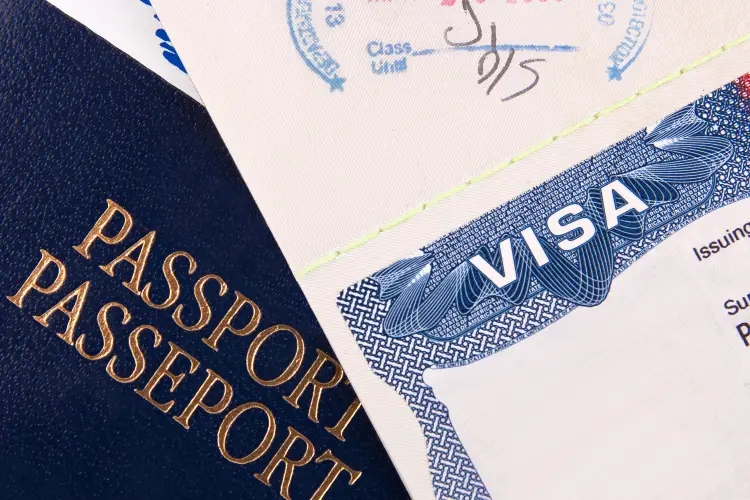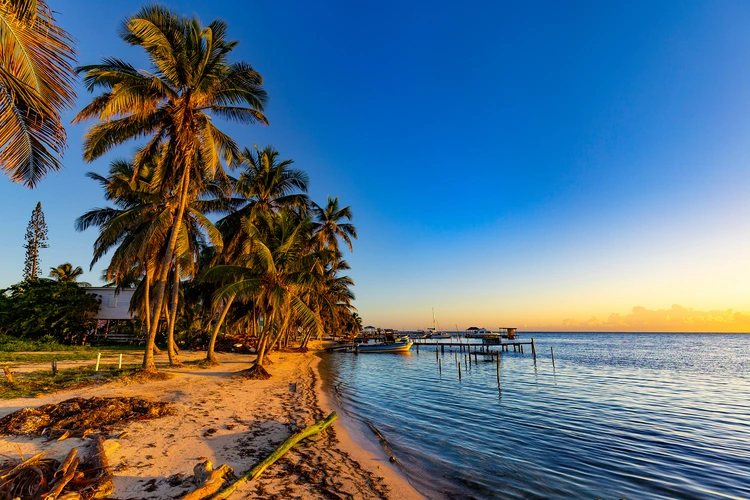Ireland Visa And Residency Information- FAQs
You need a passport or a valid travel document if you are arriving from a non-EEA country. A visa might also be required.
And, it’s important to have proof of why you are visiting Ireland. The documents you need will vary based on the reason for your trip.









 . '
. '
 . '
. '
 . '
. '
 . '
. '
 . '
. '








